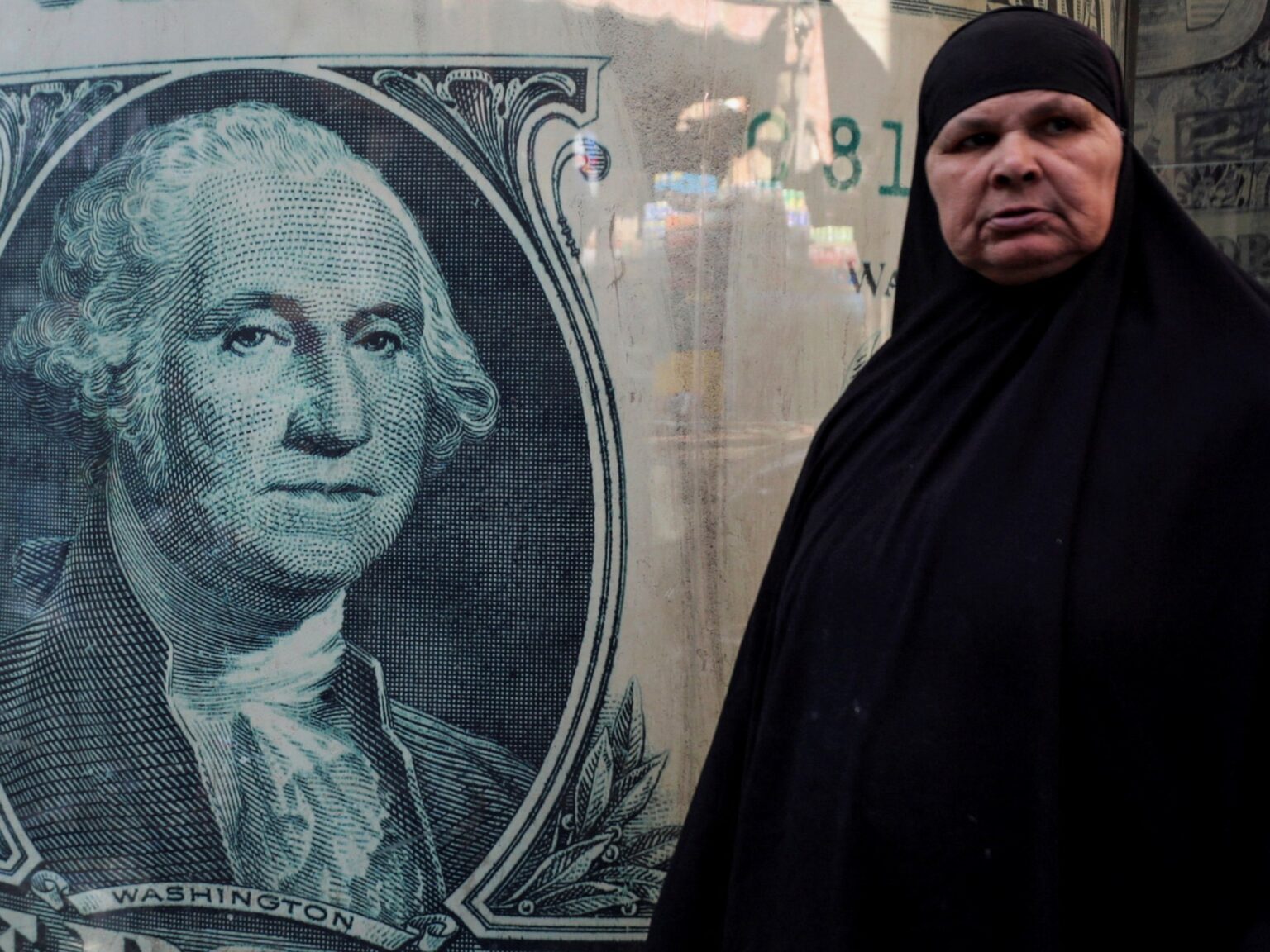Egypt Secures Expanded $8bn IMF Deal Amid Economic Challenges
In a strategic move to stabilize its economy, Egypt has signed an expanded $8 billion agreement with the International Monetary Fund (IMF), Prime Minister Mostafa Madbouly announced on Wednesday. This new deal augments a previous $3 billion, 46-month Extended Fund Facility (EFF) established with the IMF in December 2022, originally designed to shift Egypt toward a more flexible exchange rate system.
Context and Background
Egypt’s engagement with the IMF is part of a broader economic reform agenda necessitated by a series of crippling economic blows. The country has been grappling with the cumulative effects of prolonged government austerity measures, the global impacts of the COVID-19 pandemic, the ongoing war in Ukraine, and the more recent conflict in Gaza. Since January 2022, the Egyptian pound has dramatically depreciated, losing approximately 50 percent of its value against the US dollar. With nearly 30 percent of Egyptians living in poverty, according to official statistics, economic stabilization has become a pressing priority for the government.
Central Bank Actions
In line with the IMF’s key demands, the Central Bank of Egypt announced that it would allow the Egyptian pound to trade freely. This move is aimed at addressing the unsustainable divergence between the official and black market exchange rates, as highlighted by Ahmed Helal, head of MENA at Global Counsel, a strategic advisory firm. Helal noted that the fixed exchange rates were detrimental to business and investment due to prolonged unpredictability and volatility.
Additionally, the Central Bank has implemented a substantial interest-rate hike of 600 basis points. This measure is intended to curb inflation and provide greater economic stability in a period of pronounced fiscal turbulence.
Broader Economic Reforms
Part of the expanded IMF deal includes Egypt receiving a $1.2 billion loan from a separate facility that promotes environmental sustainability. Such initiatives are in line with Egypt’s broader strategy to modernize its economy and make it more resilient.
However, the December 2022 EFF programme had encountered setbacks when Egypt reverted to maintaining its pound at a tightly managed rate. There were also delays in implementing an ambitious plan to divest state assets and enhance the role of the private sector—essential moves to invigorate economic growth and attract foreign investment.
Recent Developments
The IMF agreement follows closely on the heels of another significant financial development—an announcement less than two weeks ago that Egypt secured a deal with the Emirati sovereign wealth fund ADQ. This deal promises to bring $35 billion in investments by late April. Together, these agreements underscore Egypt’s urgent drive to shore up its economy and restore investor confidence.
Expert Opinions
Economists have been signaling that the central bank’s latest actions were likely in preparation for securing another IMF deal. According to experts, a flexible exchange rate is critical for Egypt’s economic recovery, as it addresses core issues that impede financial stability and confidence among investors.
“It was bad for business and bad for investment,” Helal remarked on the previous fixed exchange rate policy. “It was prolonging the unpredictability and volatility that investors had to face when looking at opportunities in Egypt.”
Future Outlook
The expanded IMF deal and accompanying economic reforms are anticipated to provide much-needed alleviation to the Egyptian economy. However, the path to recovery remains laden with challenges, including maintaining the momentum of state asset divestitures and cultivating a more robust private sector. As Egypt navigates these tumultuous times, its adherence to IMF stipulations and broader economic reforms will be crucial for ensuring long-term stability and growth.
For more information, visit the International Monetary Fund’s official website.
